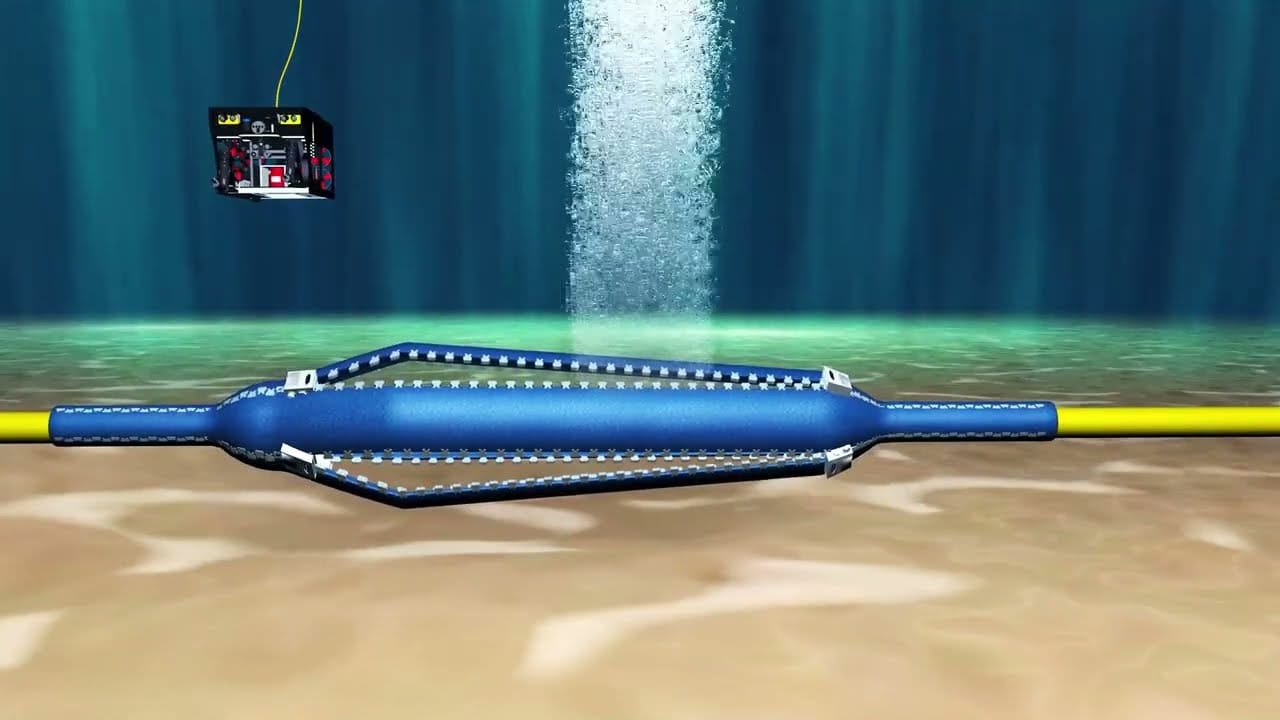The international community is closely monitoring developments surrounding an incident involving a deep-sea communications cable, which has prompted a significant response from the North Atlantic Treaty Organization, or NATO. The incident, which is being treated as a potential act of sabotage, involves damage to a vital cable responsible for transmitting large volumes of data across the globe. This event has not only disrupted telecommunications but has also raised concerns about the security of critical undersea infrastructure, which is crucial for global communication and commerce. The initial reports indicated an abrupt loss of signal from the cable, followed by the discovery of evidence suggesting deliberate damage rather than a natural cause such as an earthquake or equipment malfunction. This discovery led to an immediate assessment by relevant agencies and subsequent involvement of NATO.
This marks a significant moment for the alliance, as this is the first time that NATO has responded directly to an event targeting deep-sea cables. Historically, such incidents have been addressed primarily by individual nations or through existing international treaties and conventions. The involvement of NATO suggests the gravity of the situation and the potential for wider repercussions to its member states. NATO has not disclosed the exact nature of its response, but it is understood to involve intelligence gathering, increased maritime surveillance, and collaboration with member states to improve security measures surrounding such critical infrastructure. The alliance has underscored its commitment to protecting these vital communication links, which are essential for daily life.
The exact location and ownership of the cable, which is part of a complex network of deep-sea communication lines, has not been disclosed for security reasons and to avoid aiding any potential future attacks. However, it is known to be a vital link supporting a large portion of internet traffic and critical financial transactions. The investigation into the incident is ongoing and involves various national agencies and international bodies, which are working together to ascertain the extent of the damage, the technical methods used to sabotage the cable, and most importantly, to identify the perpetrators. Speculations in the media and amongst the public are rife, ranging from actions of rogue actors, to state-sponsored attacks, but thus far, no credible evidence is available to definitively point to any specific group or nation.
The incident serves as a stark reminder of the vulnerabilities inherent in the world’s digital infrastructure. While deep-sea cables are designed to withstand harsh environmental conditions, they remain susceptible to deliberate attack. This dependence on undersea cables means that any disruption can have far-reaching consequences, affecting businesses, government services, and personal communications alike. The international community is now under increased pressure to address these vulnerabilities. There is a renewed call for strengthened international cooperation, stricter regulatory frameworks, and more advanced technologies that can detect and deter future attempts at sabotage. This incident has also raised questions about the current security protocols of the deep-sea cable network. Discussions are underway to implement more robust security measures, including increased surveillance, the use of advanced sensors, and improved collaboration amongst operators and governments. The focus is shifting towards preventative measures to reduce the risk of similar incidents happening in the future.
The economic impact of this incident is also a major concern. Disruptions to international communications can have substantial consequences for international trade, finance, and the global economy as a whole. Many rely on the internet for their daily work, and for governments to provide key services, any disruption can lead to significant losses. The urgency to resolve this situation is thus heightened by its wide-ranging economic implications, affecting not just the nations directly reliant on the damaged cable, but also global supply chains and financial markets. The broader implications of the incident are being carefully considered by international organizations. These include the development of a coordinated strategy to protect this critical infrastructure and ensure its continued security. The incident is also likely to influence future geopolitical strategies, with nations and alliances likely to place greater emphasis on the security of undersea infrastructure. Further details are likely to be released as investigations progress, with a focus on establishing those responsible. In the short term, there is an immediate need for security enhancements and cooperation amongst relevant stakeholders. The consequences of this event highlight that our increasing reliance on digital networks also increases our vulnerabilities.



